Nutrient timing is an essential aspect of performance nutrition. It refers to the strategic timing of meals and supplements to optimise performance, recovery, and adaptation to training. Proper nutrient timing can enhance exercise performance, reduce fatigue, accelerate recovery, and improve overall health.
Here is everything you need to know about nutrient timing for performance:
PRE-WORKOUT NUTRITION
The purpose of pre-workout nutrition is to sustain energy, boost performance, hydrate, preserve muscle mass and speed recovery.
What should I eat and when?
What you eat before you train will depend on how long you have and your preferences. Finding a good pre-workout meal that provides you with sufficient energy to train and doesn’t cause digestive issues definitely requires some trial and error. Ideally, you want to consume a meal 1-3 hours before your training session. Below are some general guidelines:
- Option 1: 2-3 hours before
This far in advance of your workout, have a mixed meal containing predominantly protein and carbohydrates with a small amount of fat. For example: oatmeal with protein powder or chicken with rice and vegetables.
- Option 2: 30-60 minutes
If you have the time to eat a meal containing whole foods and allow it to digest or you simply don’t perform well with food sitting in your stomach, we suggest drinking a protein shake (preferably with a piece of fruit or other source of carbs) 45-60 minutes before training.
- Option 3: 0-30 minutes
If you can’t tolerate any food/protein shake before training or you generally exercise very early in the morning, then you can just train fasted.
Note: Your actual needs will vary depending on your body size, goals, and the duration and intensity of your activity but aim for a minimum of 30g protein and a good amount of carbs pre-workout as a guide.

INTRA-WORKOUT NUTRITION
The purpose of intra-workout nutrition is to maintain or increase performance, reduce fatigue and optimise recovery.
Do I need to eat/supplement during my workout?
That depends on how long it’s been since your last meal and the length/type of exercise you will be performing. But for the majority of people – intra-workout nutrition is not required. For training sessions lasting less than 2 hours, the main focus should be on drinking enough water to stay hydrated. If you have ensured proper pre- and post-training nutrition, then this is really all you need to worry about.
For training that is longer than two hours (such as endurance training), it is best to consume some protein and carbohydrates each hour to minimise the impact on your performance and recovery. The amount of each will depend on your body weight. Protein powders, sports drinks, energy gels, and bars are commonly used to provide quick and convenient sources of protein and carbohydrates during exercise.

POST-WORKOUT NUTRITION
The purpose of post-workout nutrition is to help you recover, rehydrate, refuel, build muscle and improve future performance.
How long after training should I eat?
The breakdown of muscle tissue is only slightly raised after an intense training session – unless of course you are training fasted, in which case it is raised to a higher degree. Digestion is not a quick process, and even the most fast-digesting foods can take at least 45 minutes to travel from your stomach, and through your digestive tract before entering your bloodstream and reaching your muscle cells. Therefore, if you have eaten a meal or had a protein shake pre-workout, there will still be nutrients circulating in your bloodstream when you finish your workout too – which actually tells us how important pre-workout nutrition really is.
Studies have shown that the immediate consumption of protein and carbohydrates after a workout does not influence the rate at which muscle tissue recovers, or the rate of muscle protein synthesis. In fact, consuming a combination of protein and carbohydrates either 1 hour or 3 hours after training produces the same response in regards to muscle protein synthesis. Although consuming carbohydrates post workout in order to refill muscle glycogen stores will provide a benefit, it is important to note that weight training does not significantly deplete these stores. Studies show that eating carbs immediately post-workout or 2 hours later made no difference to glycogen when measured 8 hours and 24 hours later.
There is evidence that failing to eat within a 3 hour window following training can slow recovery. But this is largely dependent on what your pre-workout meal consisted of. If you ate something several hours before training, then it’s probably more important for you to get that post-workout meal into your system more quickly. If you trained in a fasted state, then it’s also best to consume your post-workout meal as soon as possible after your workout – preferably within an hour.
However, if you’re someone who trains more than once a day, you’ll need to prioritise replenishing your glycogen stores a little more. Studies suggest that eating 1-1.5 grams of carbs per kilogram of bodyweight 30 minutes after exercise can help restore glycogen stores. The optimal amount of carbohydrates in your post-workout meal will depend on the type of exercise performed, the intensity of the workout, and your body composition goals.
What should I eat?
A mixed meal (or shake if you're on the run) containing some sort of protein (again a minimum of 30g is ideal), carbohydrates and fat will guarantee your body has the nutrients to recover adequately from a training session, allowing you to repair and build muscle tissue.
TAKE AWAY MESSAGE
Nutrient timing is an essential aspect of performance nutrition. It involves strategically timing meals and supplements to optimise performance, recovery, and adaptation to training. However, it is important to note that the current research doesn’t support the importance of nutrient timing for most people who are simply trying to lose weight, gain muscle or improve health. Focusing your efforts onto your daily calorie and protein intake, food selection, regular movement, and sufficient recovery will still allow you to achieve great results. When you’ve got all the basics down, then you may wish to move your attention to more advanced methods like nutrient timing.
If you want to step up your performance or just improve your overall health & fitness, our new CMBT Strong Program will help you do it.
The CMBT Strong web app gives you the tools and resources you need to eat better, move more, become more mindful and unlock your true potential. Click here to find out more.
Get 12 months of CMBT Strong access FREE when you spend over $150!





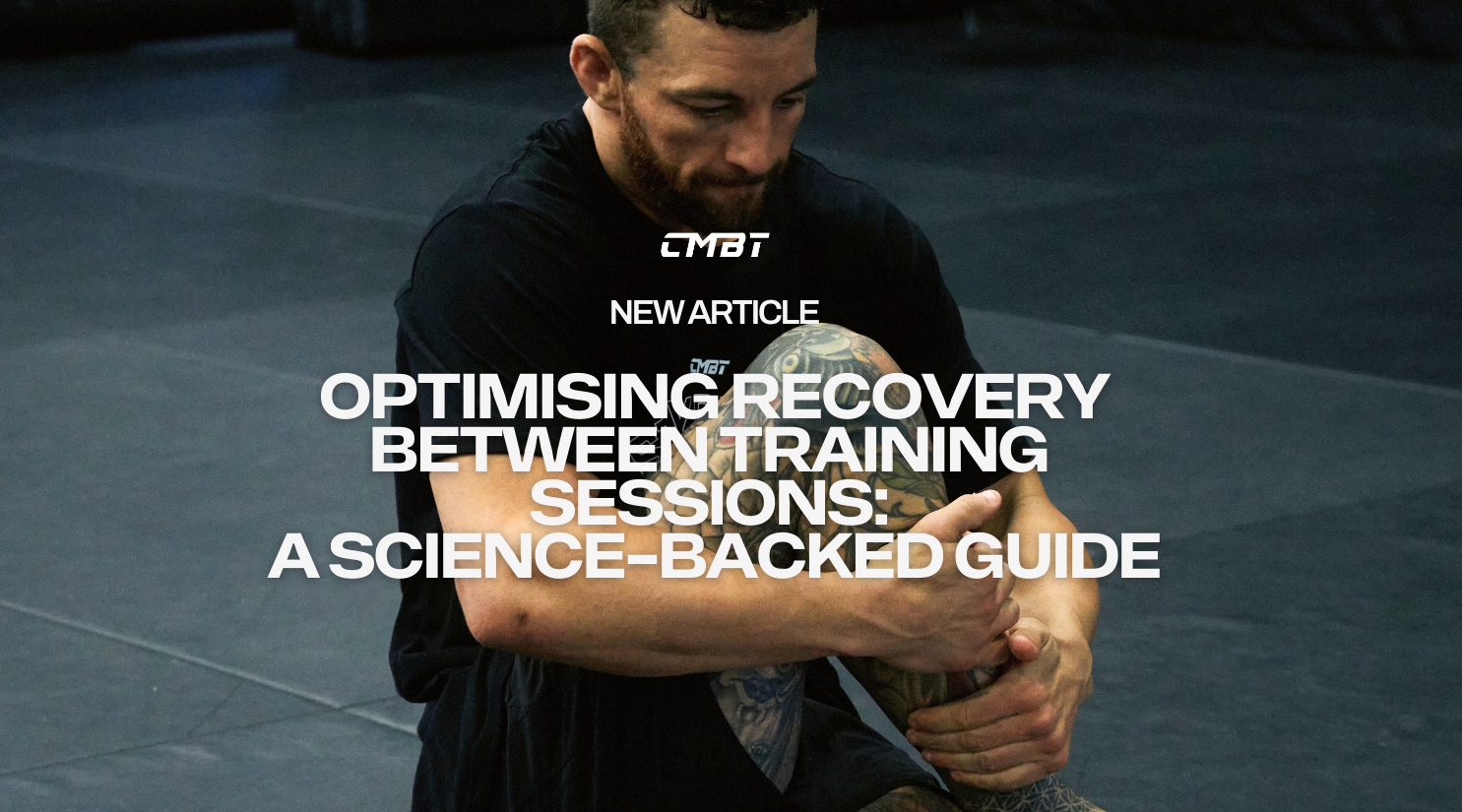


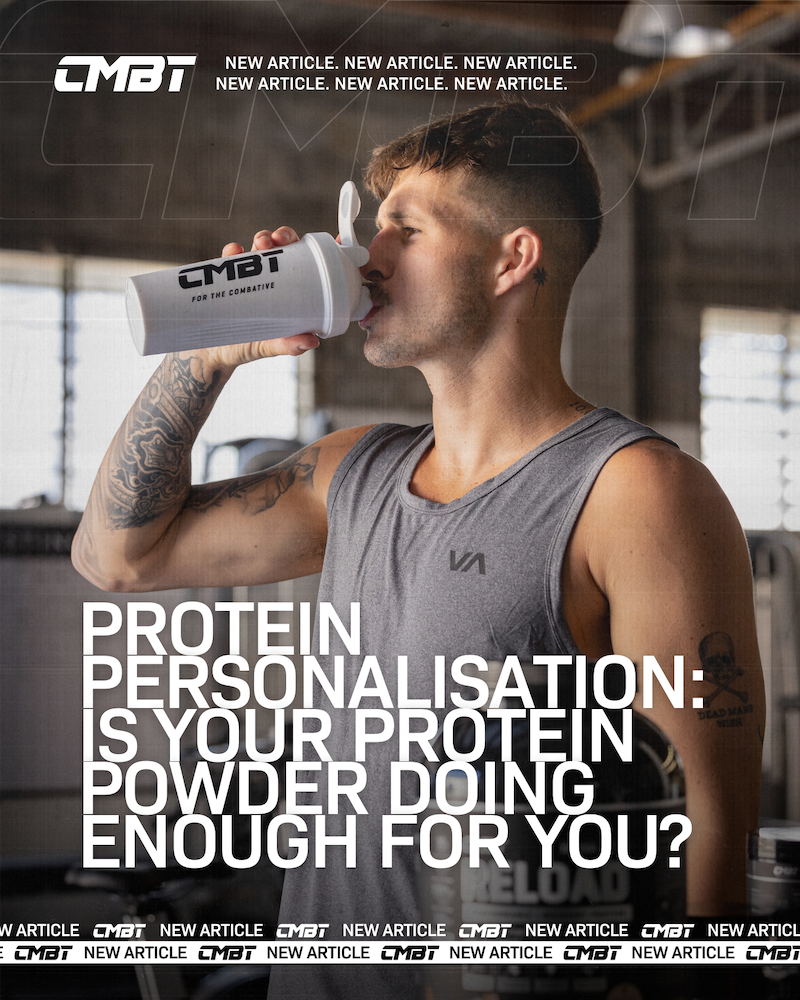
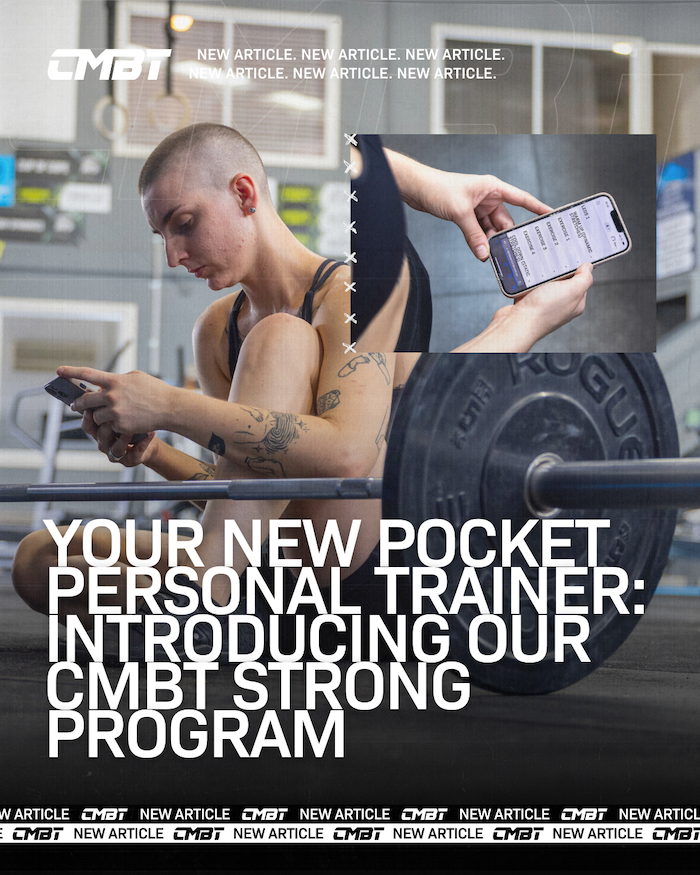
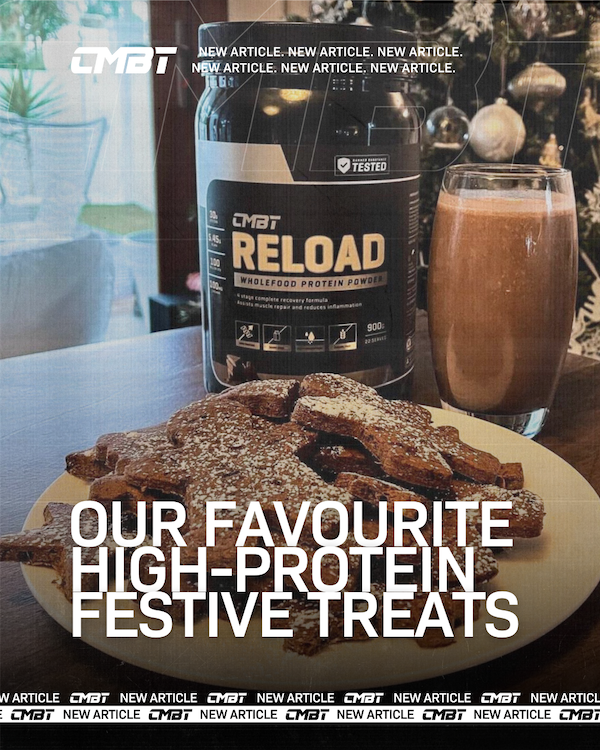

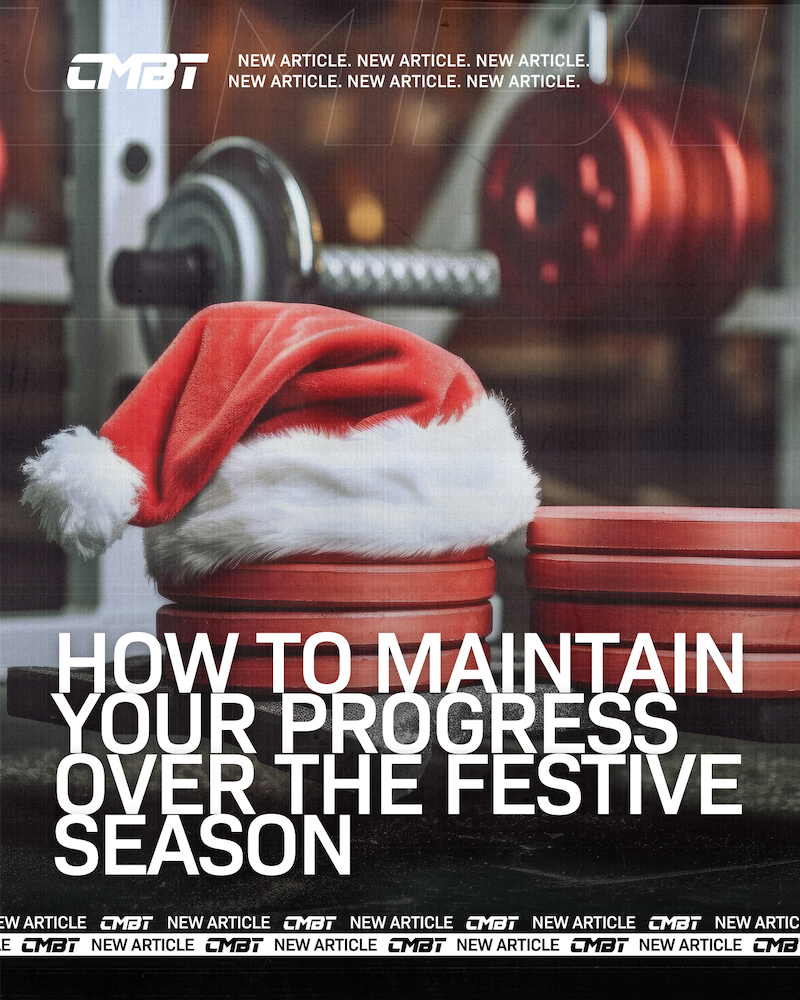
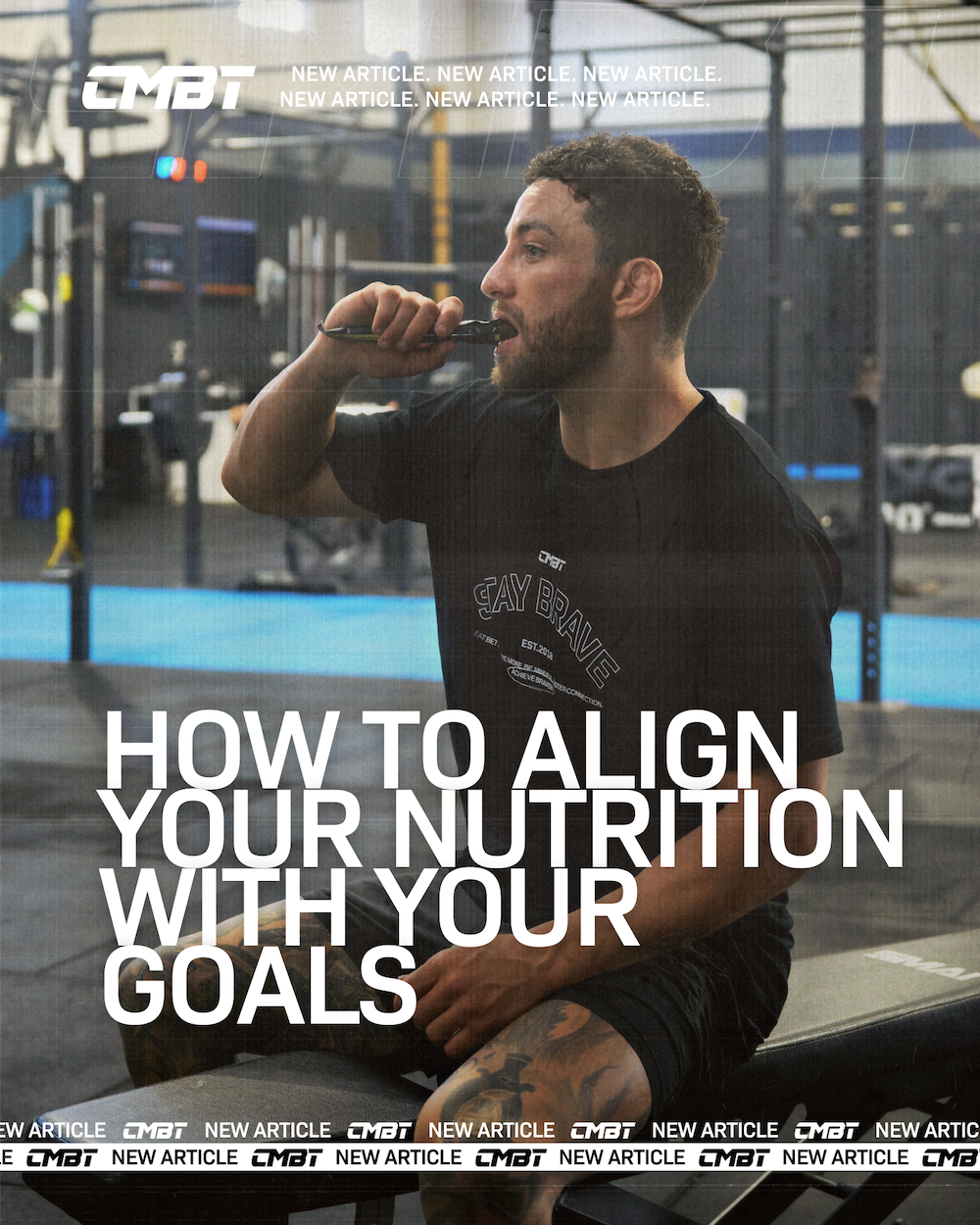

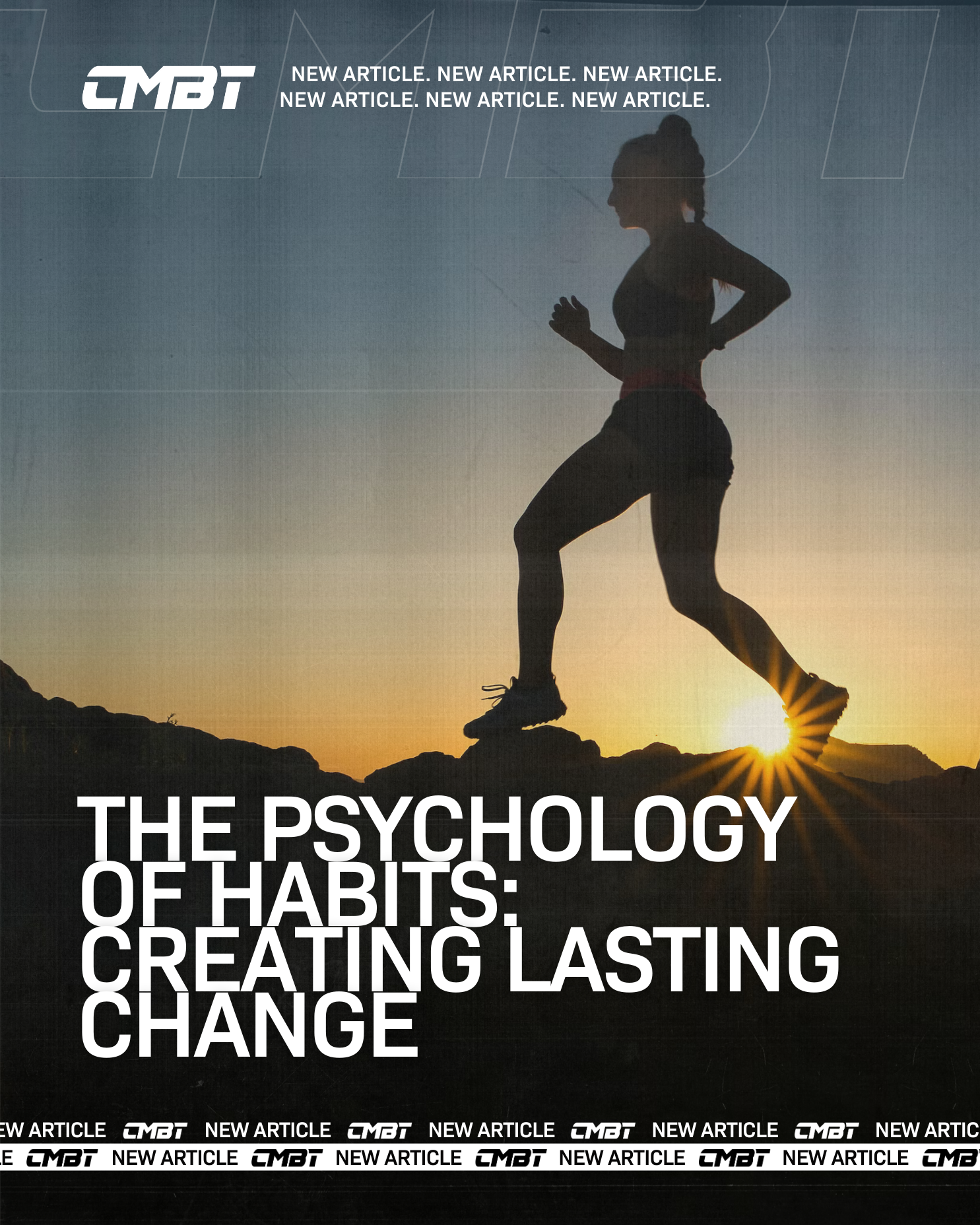

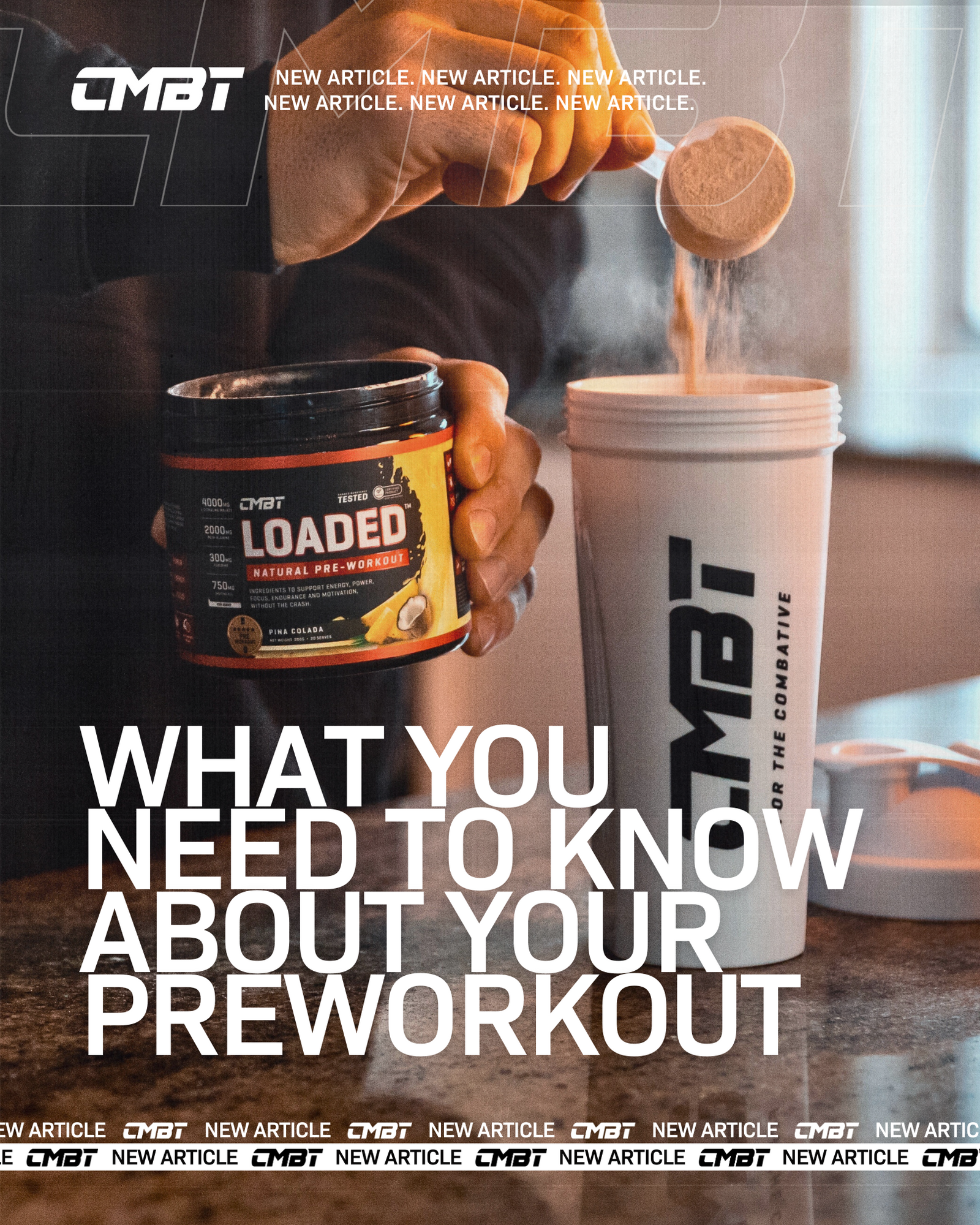

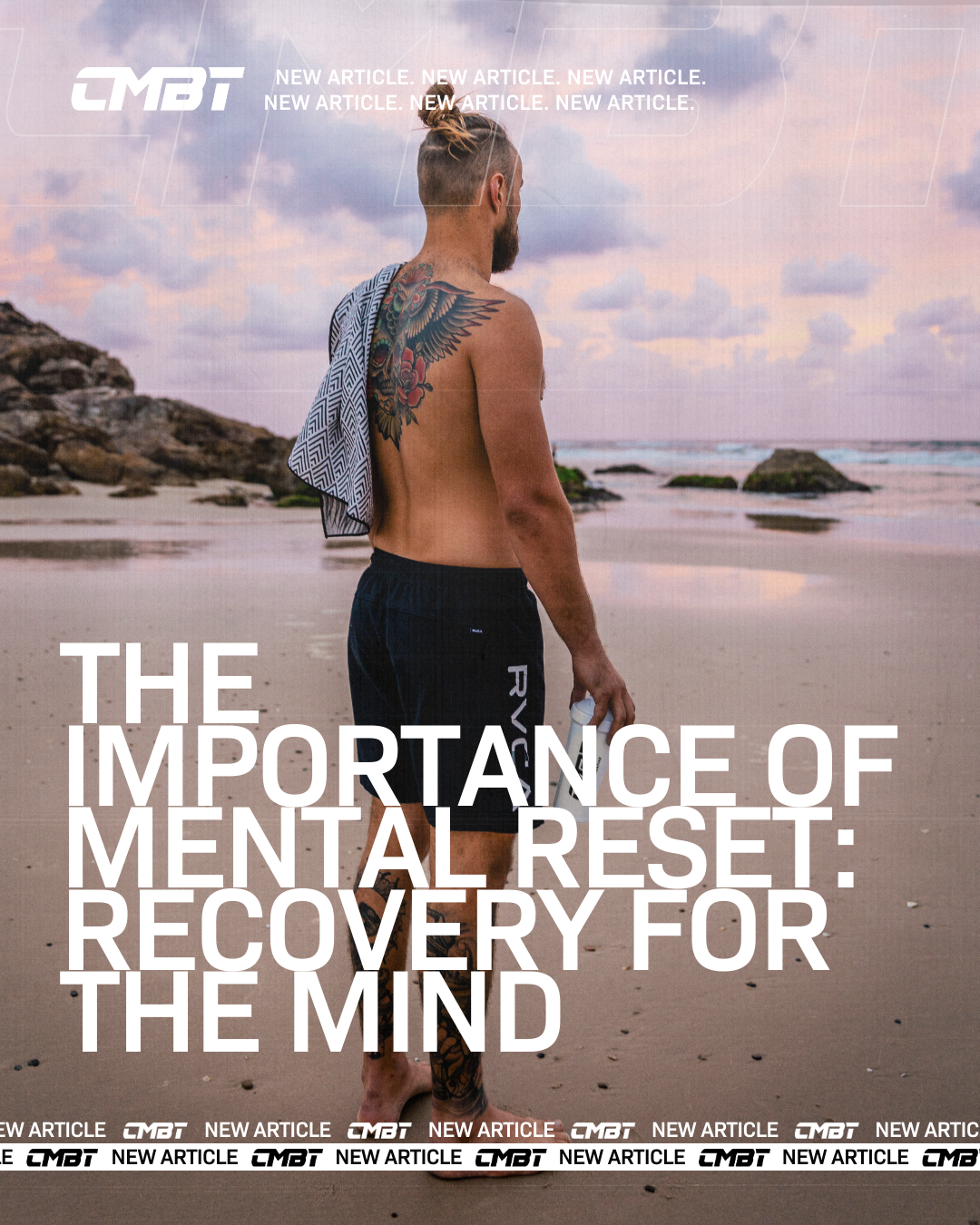
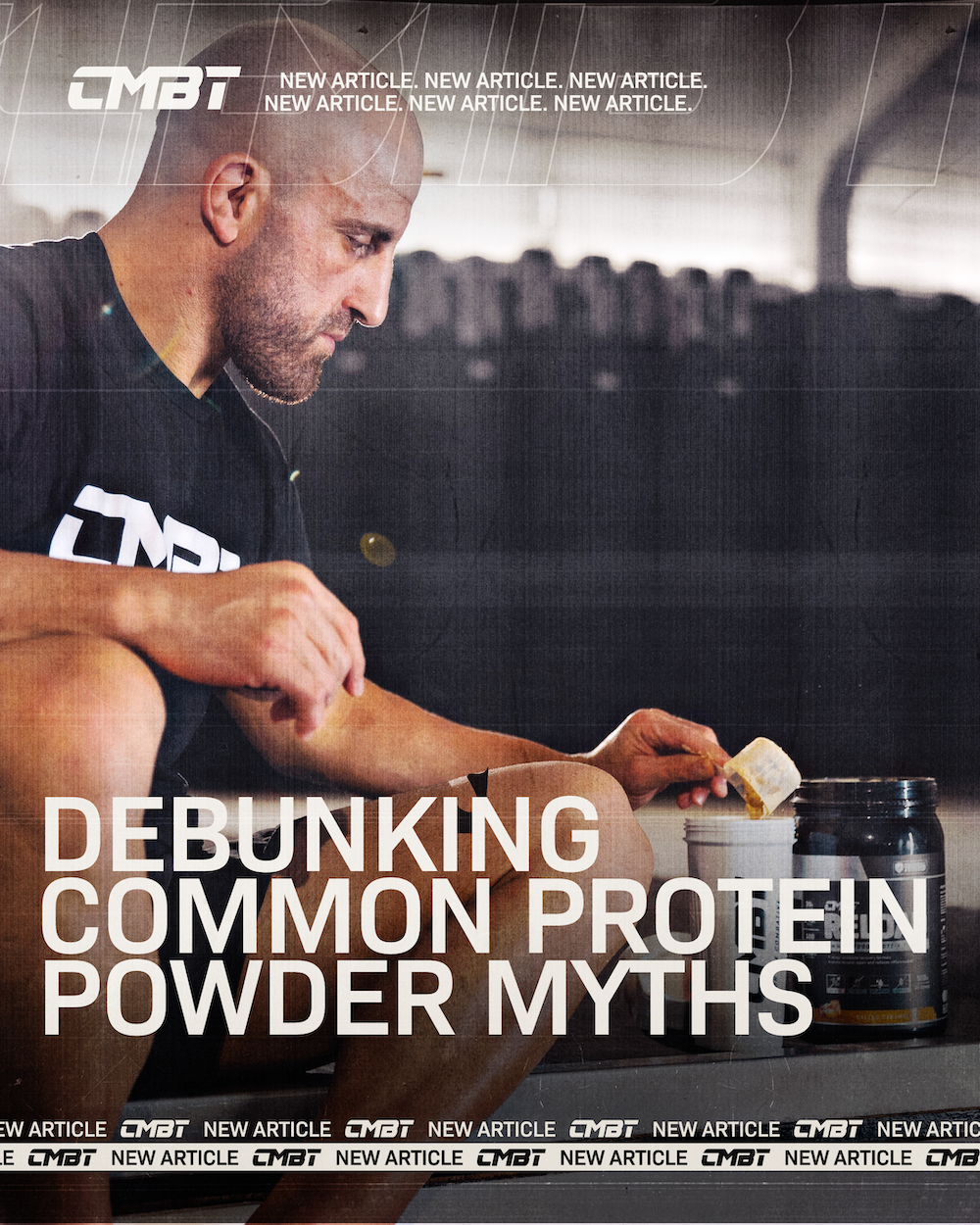
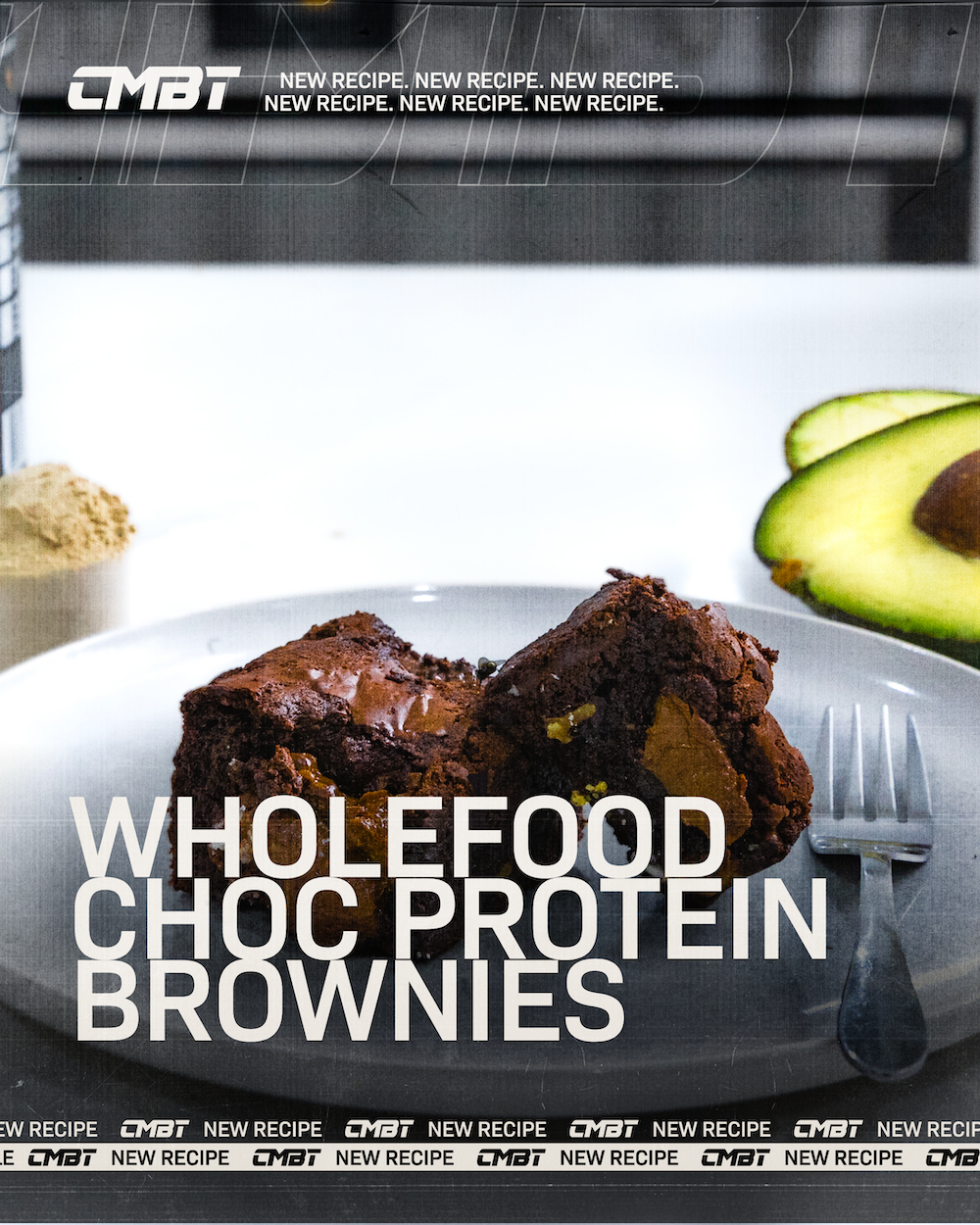

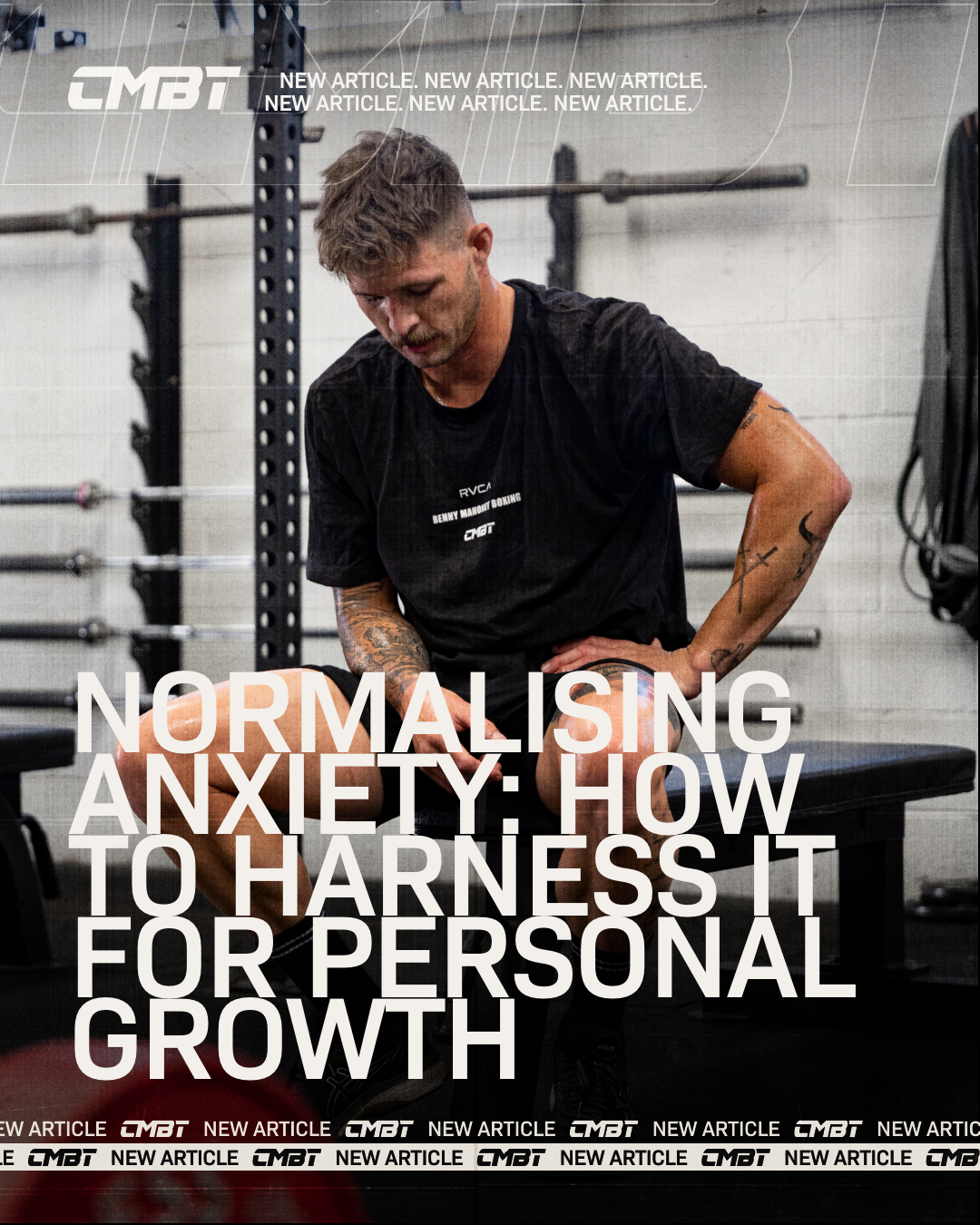
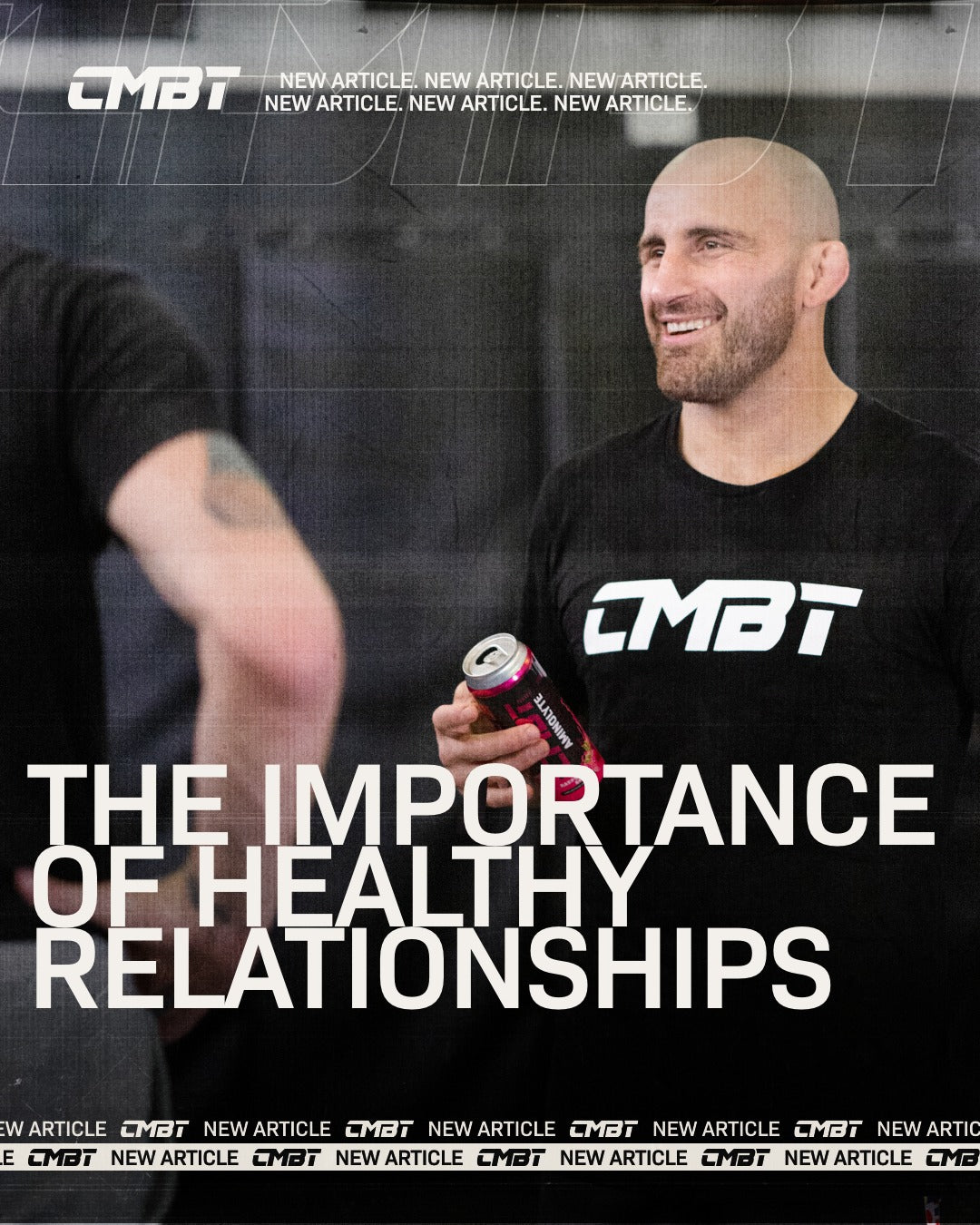
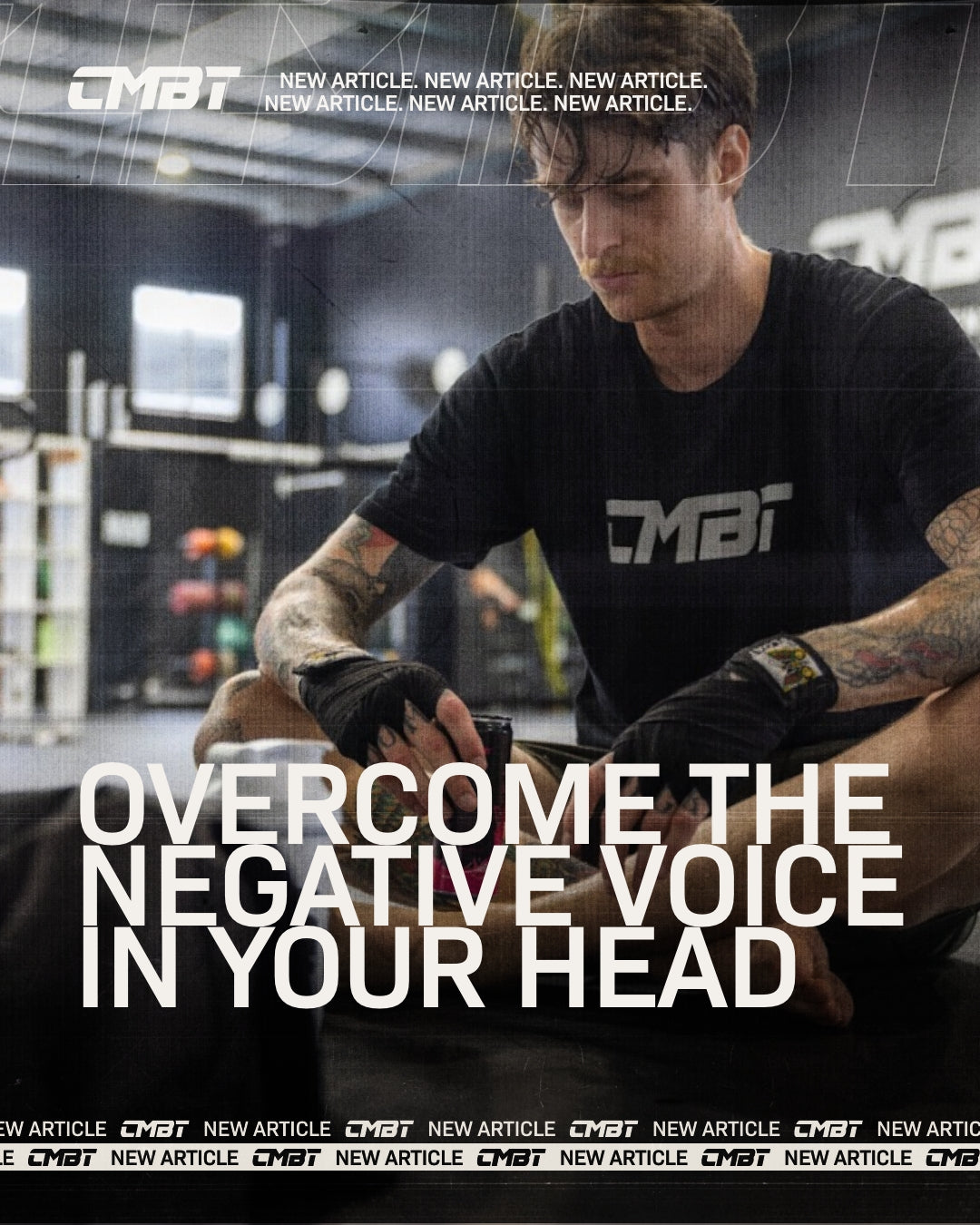
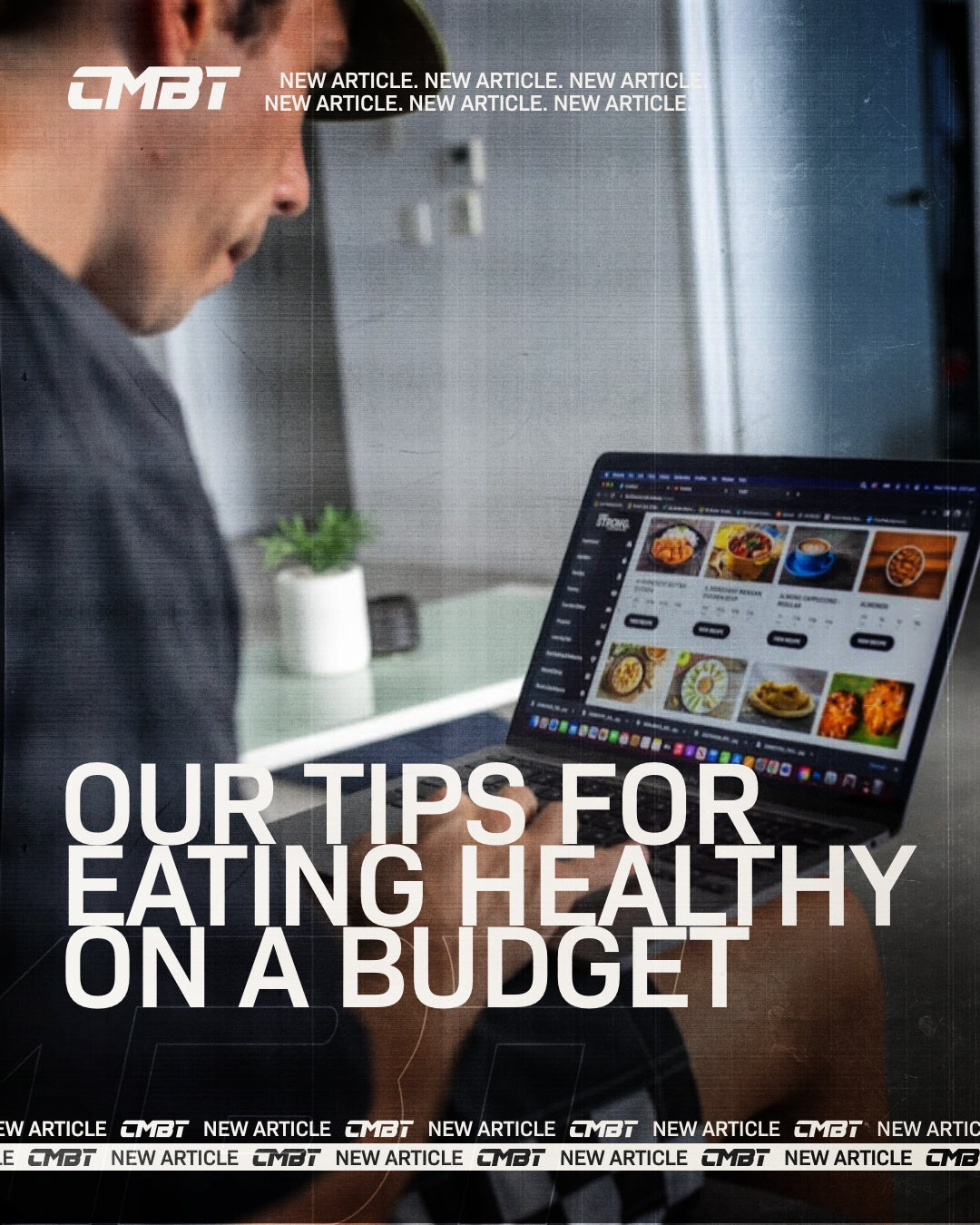

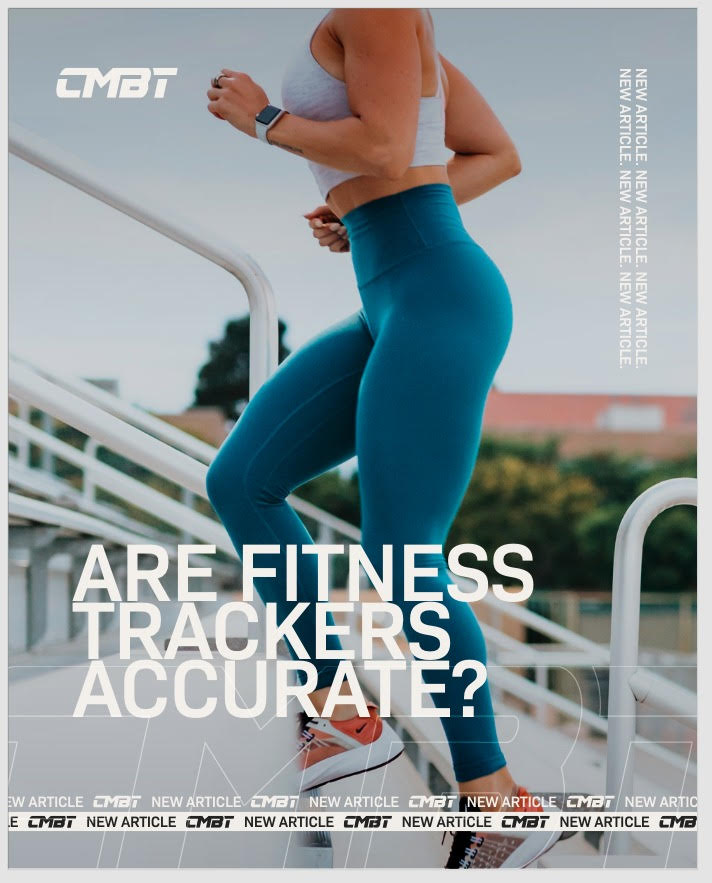

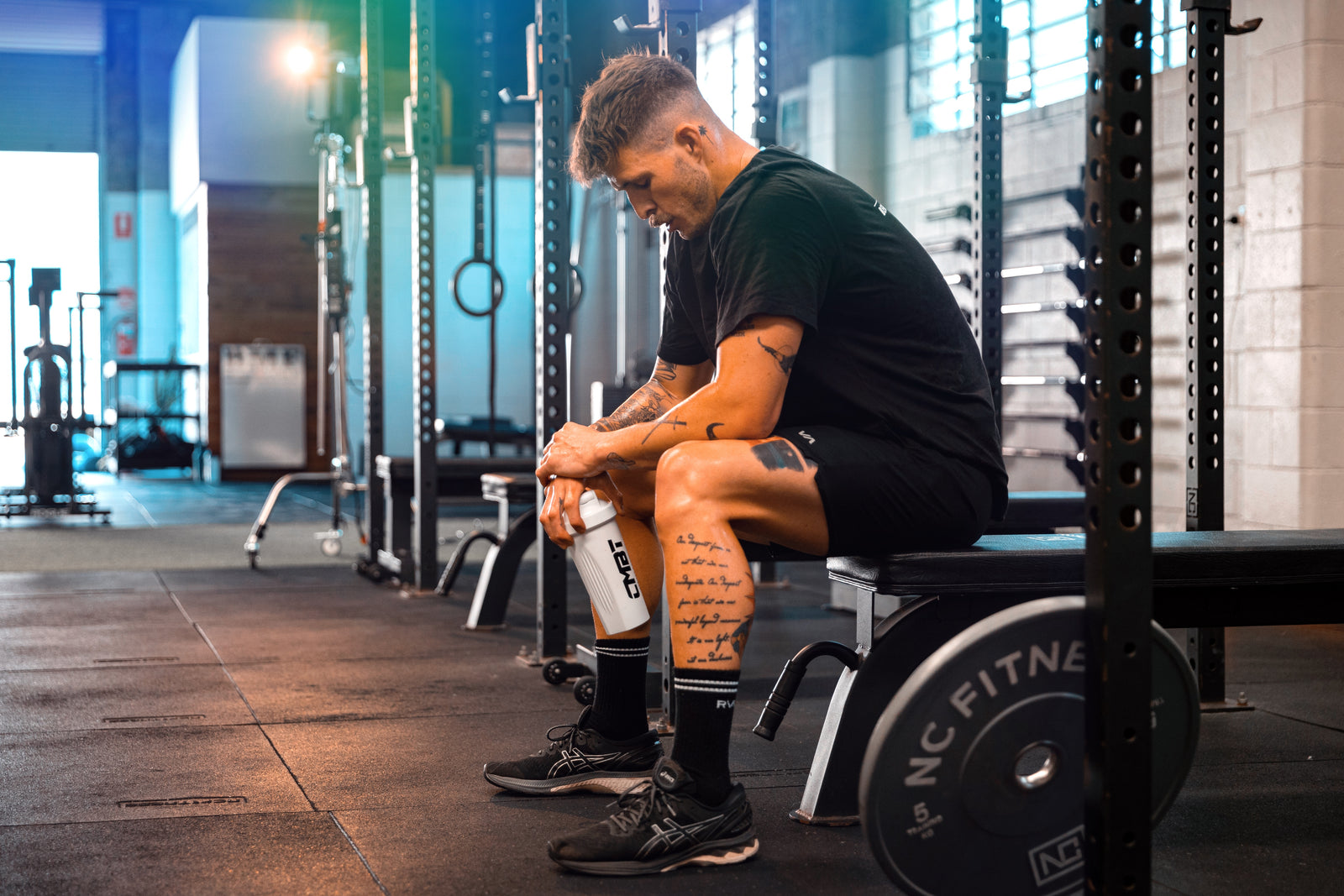
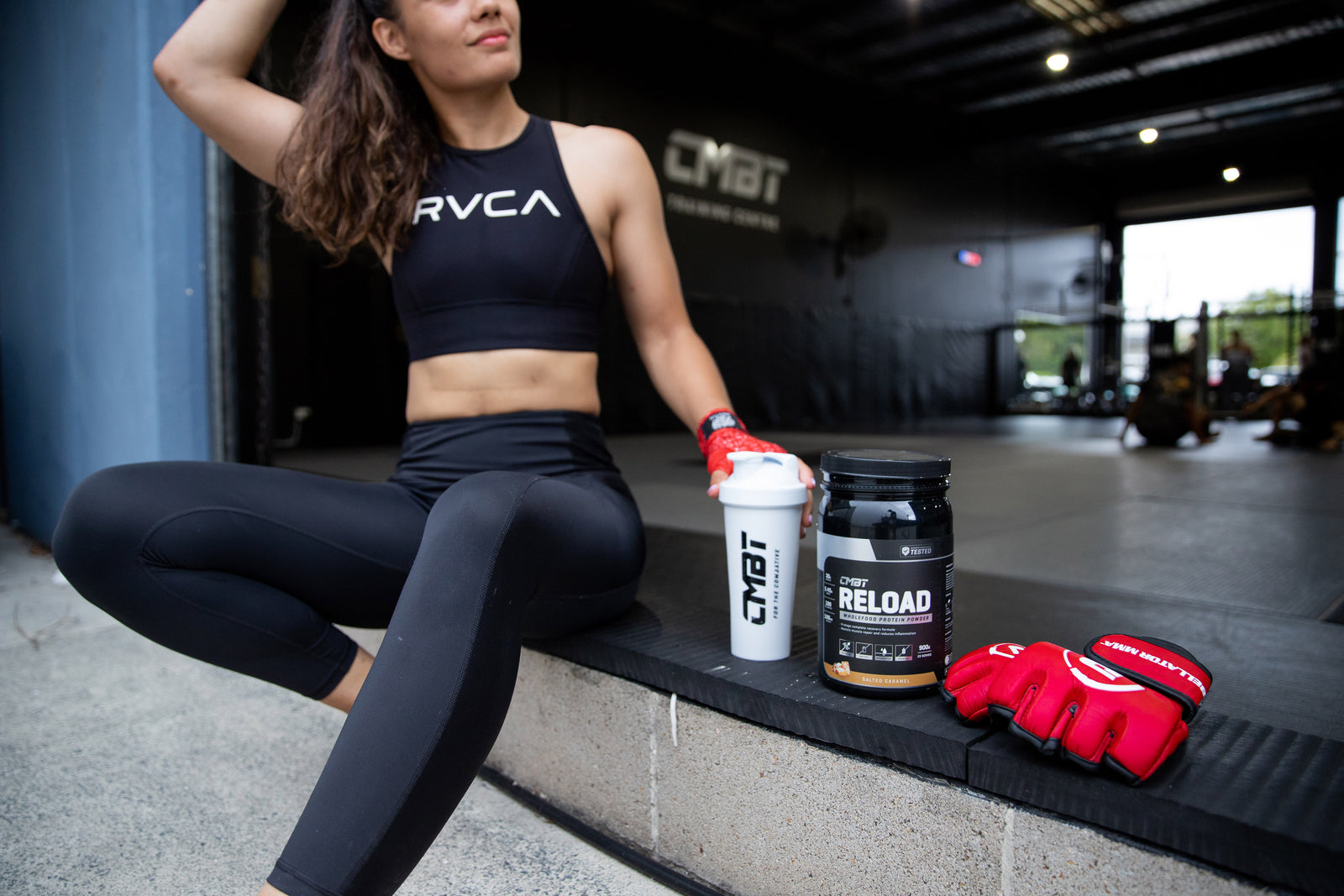
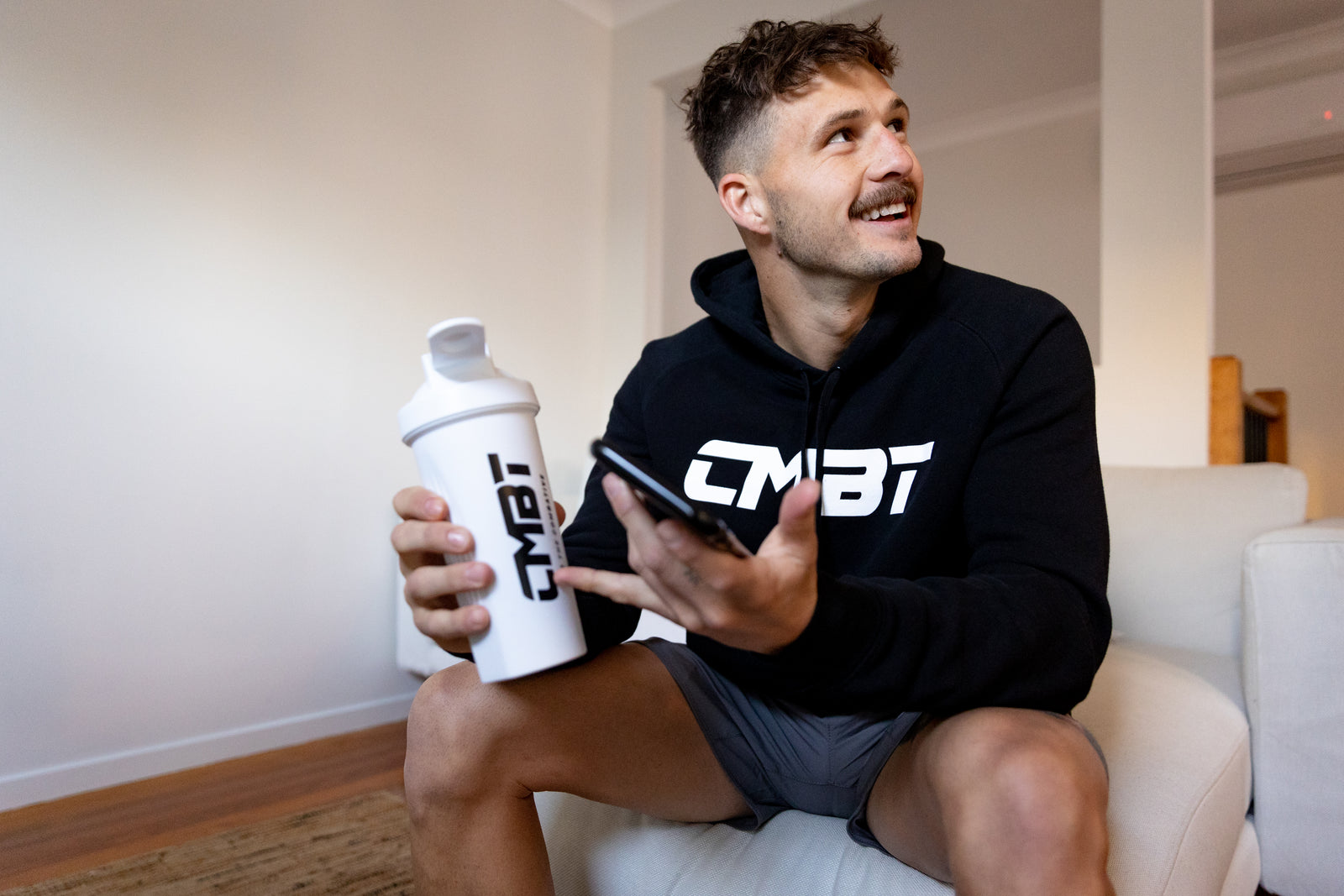


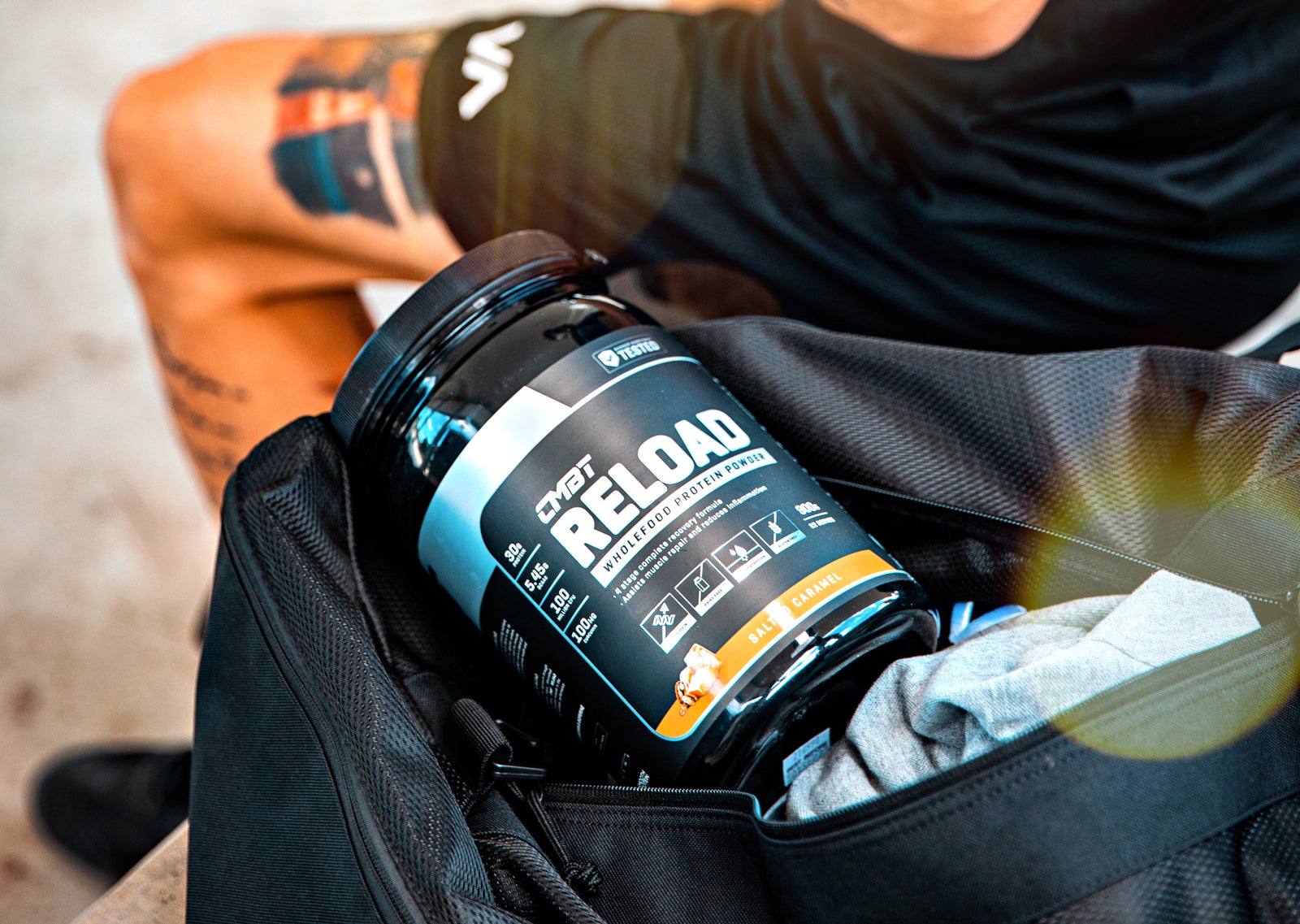
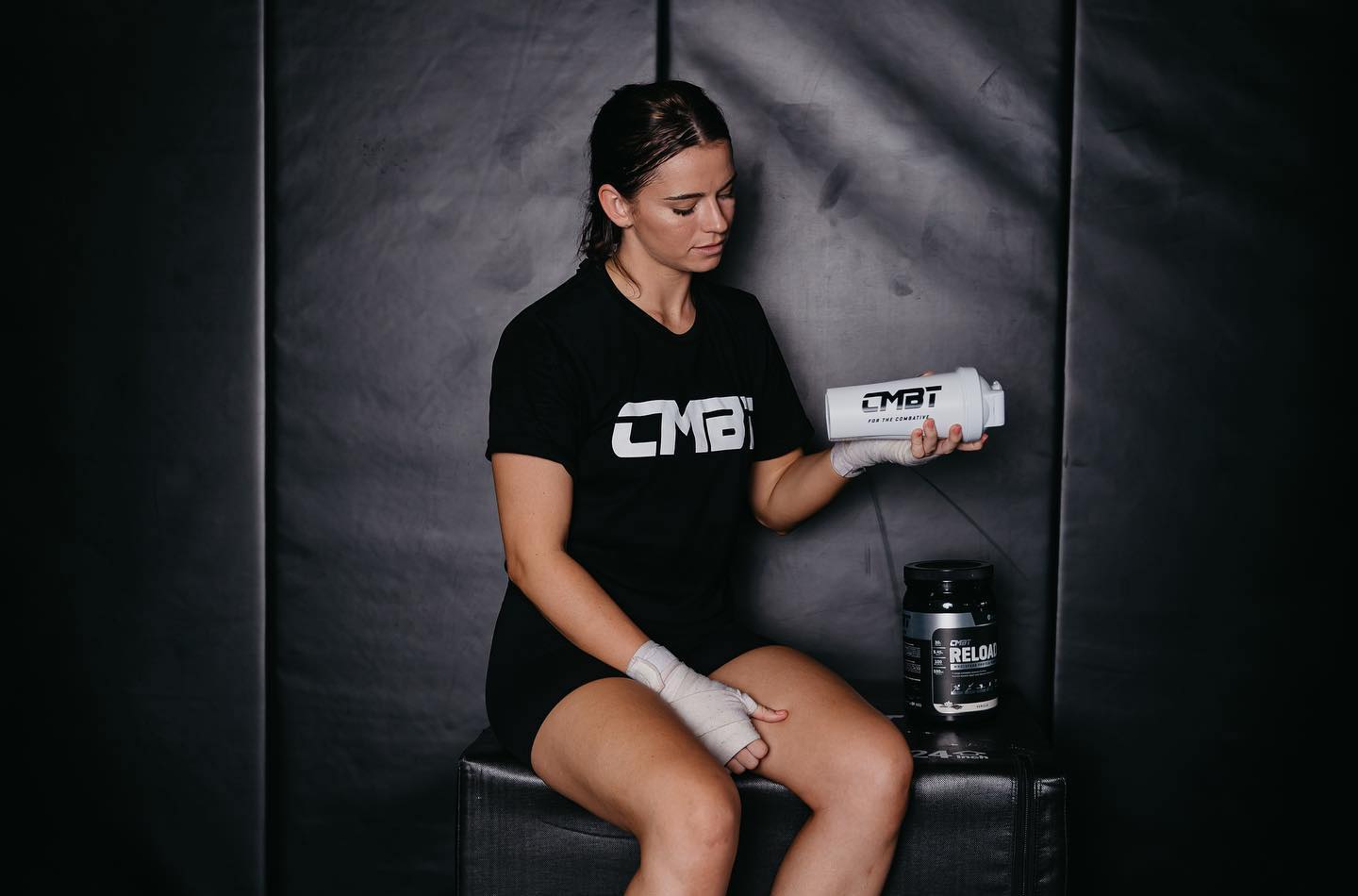


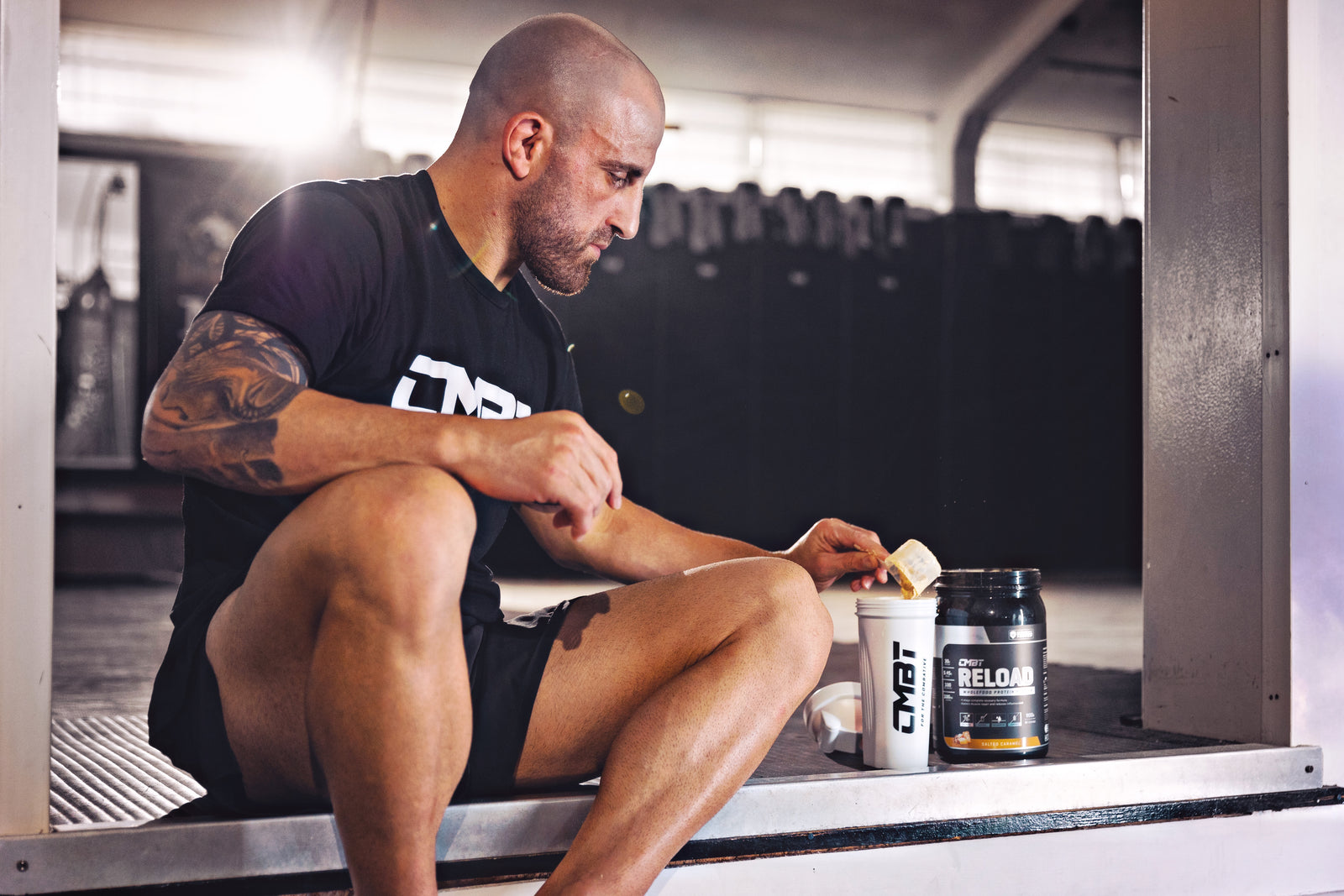

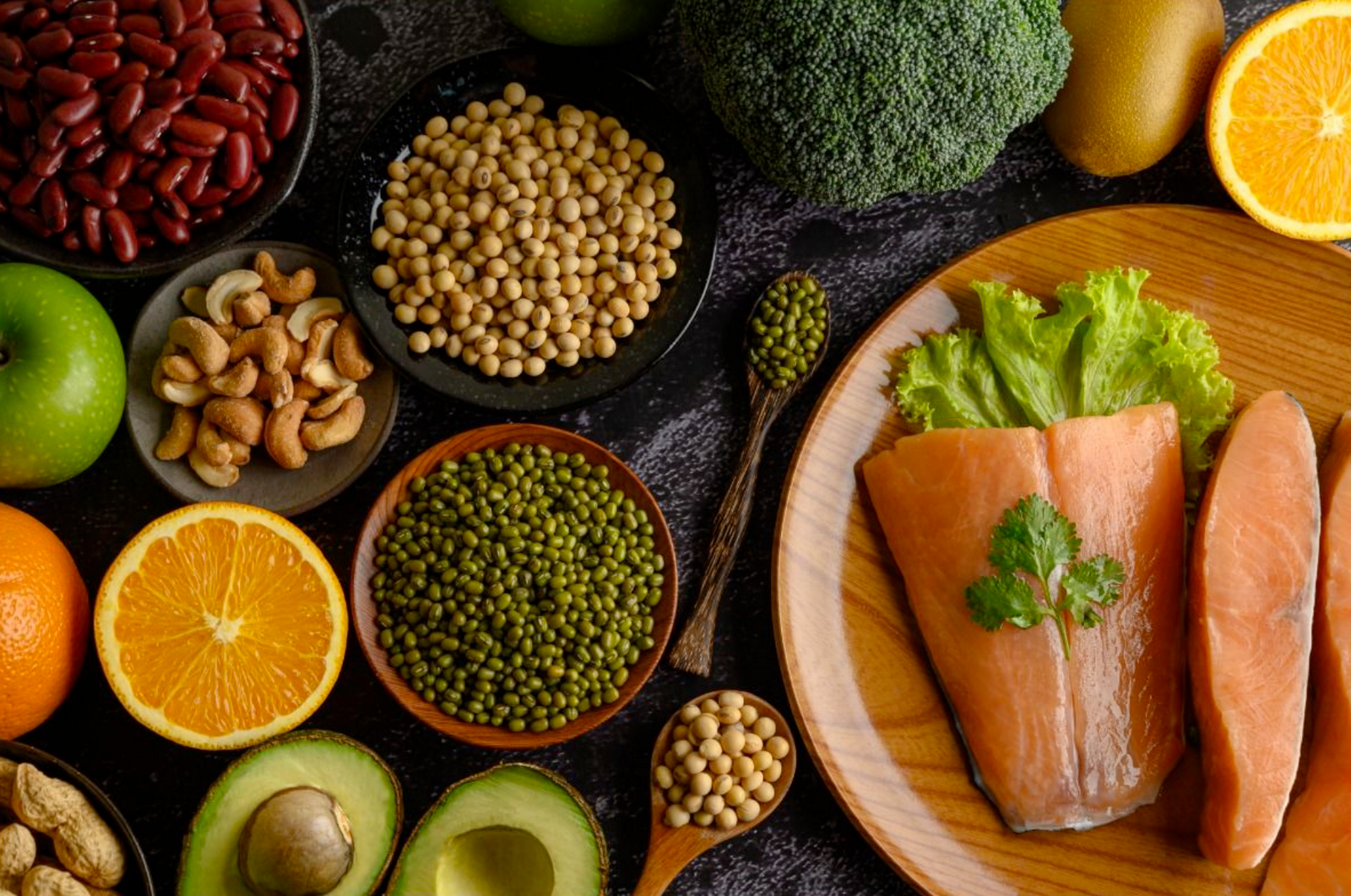
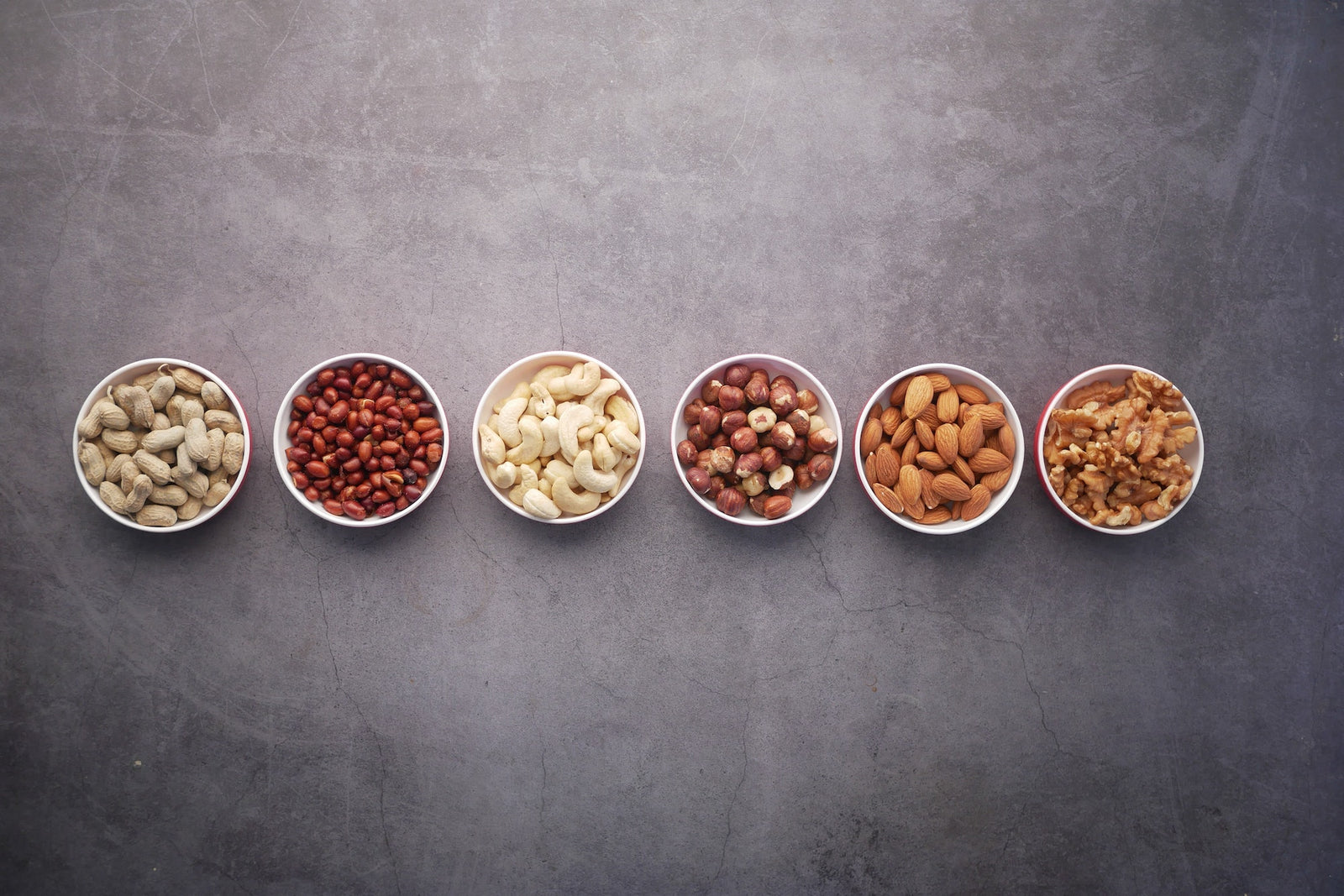
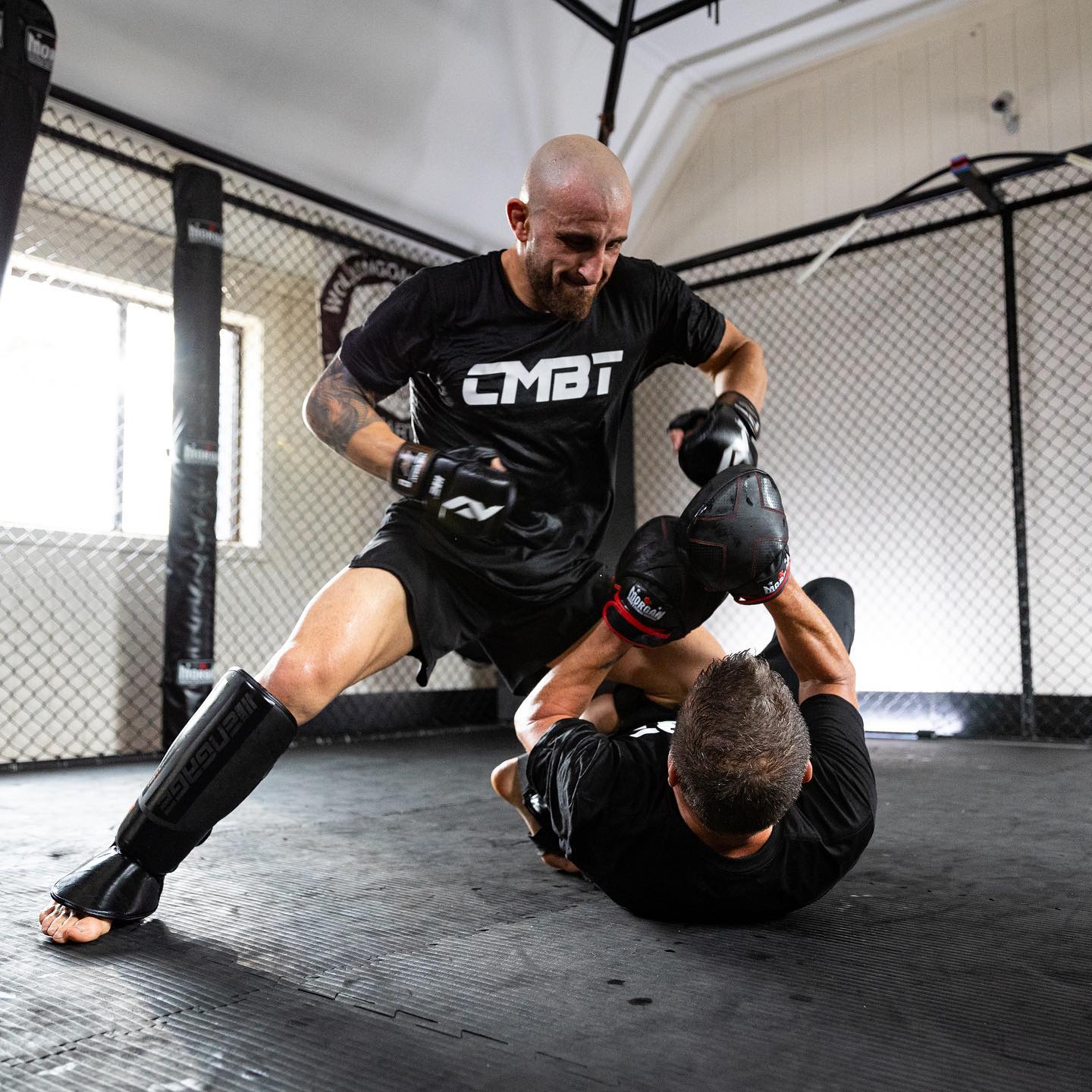
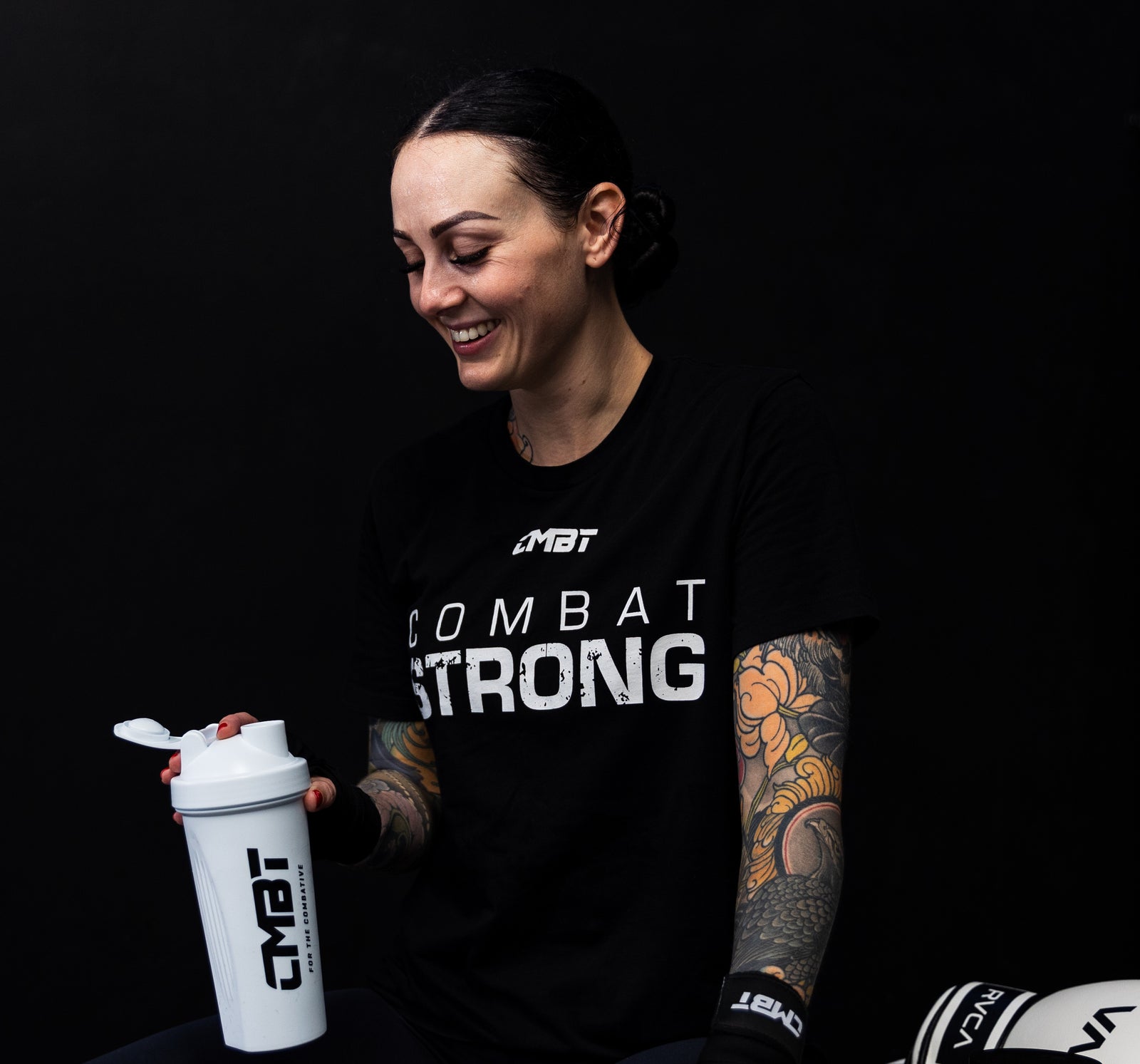
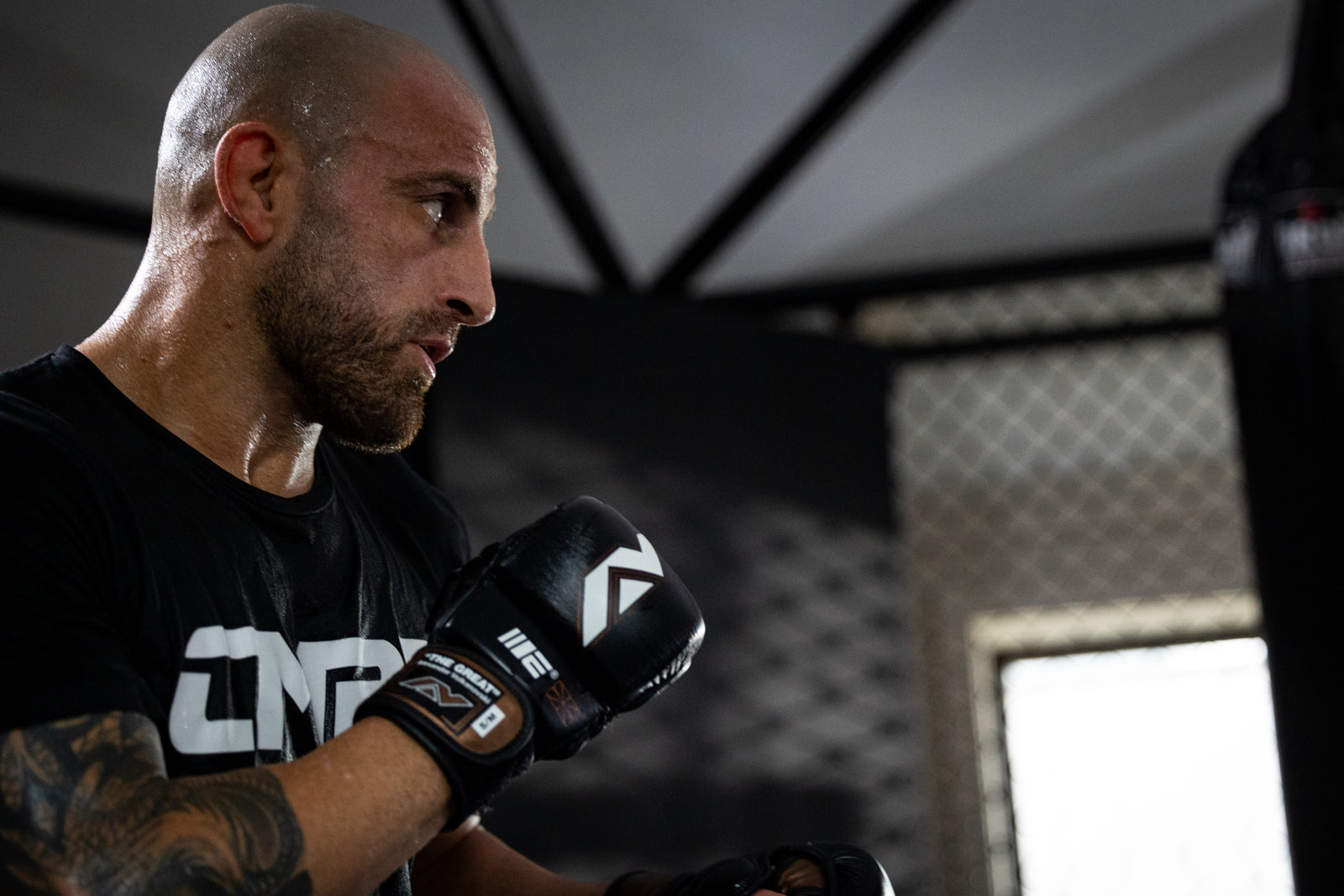


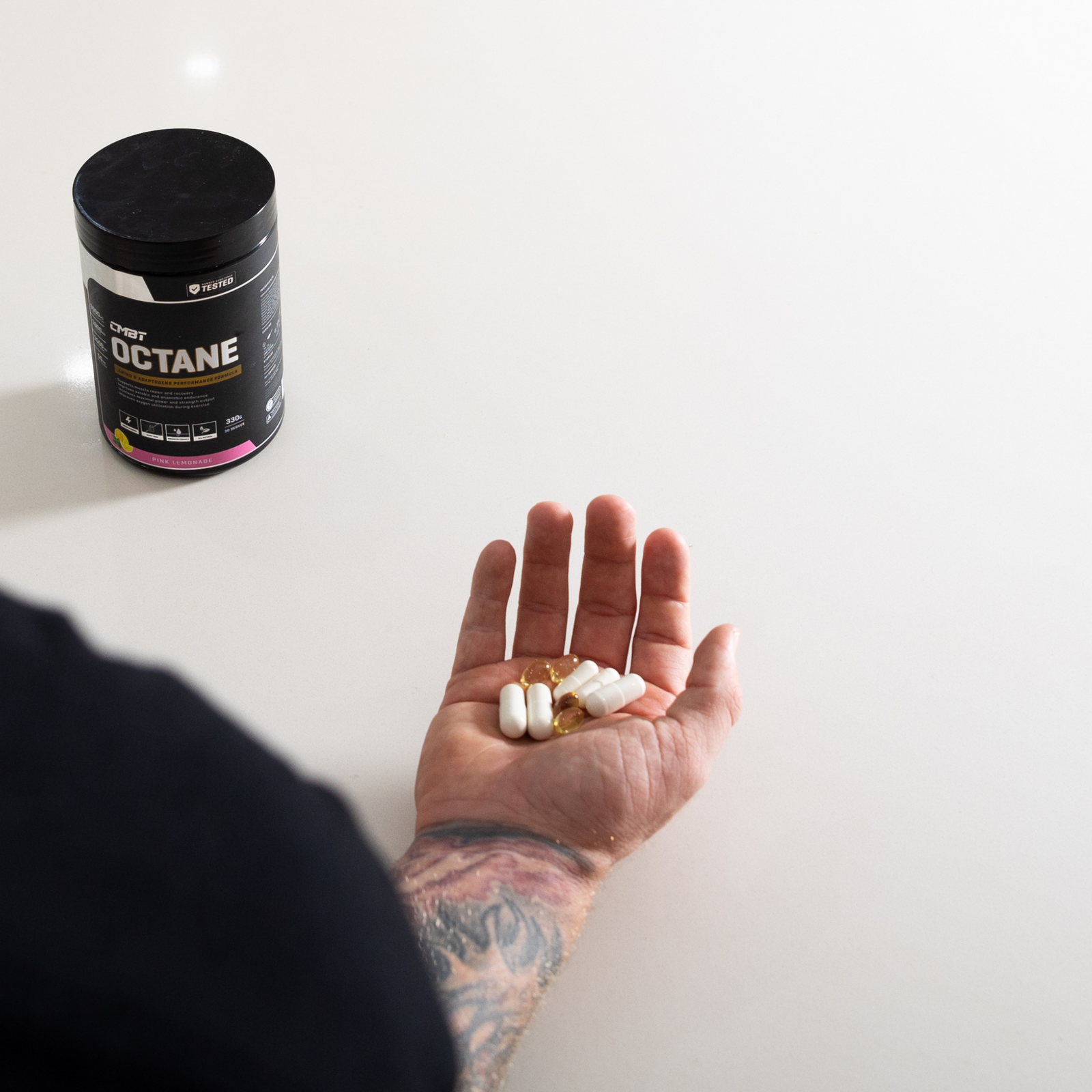


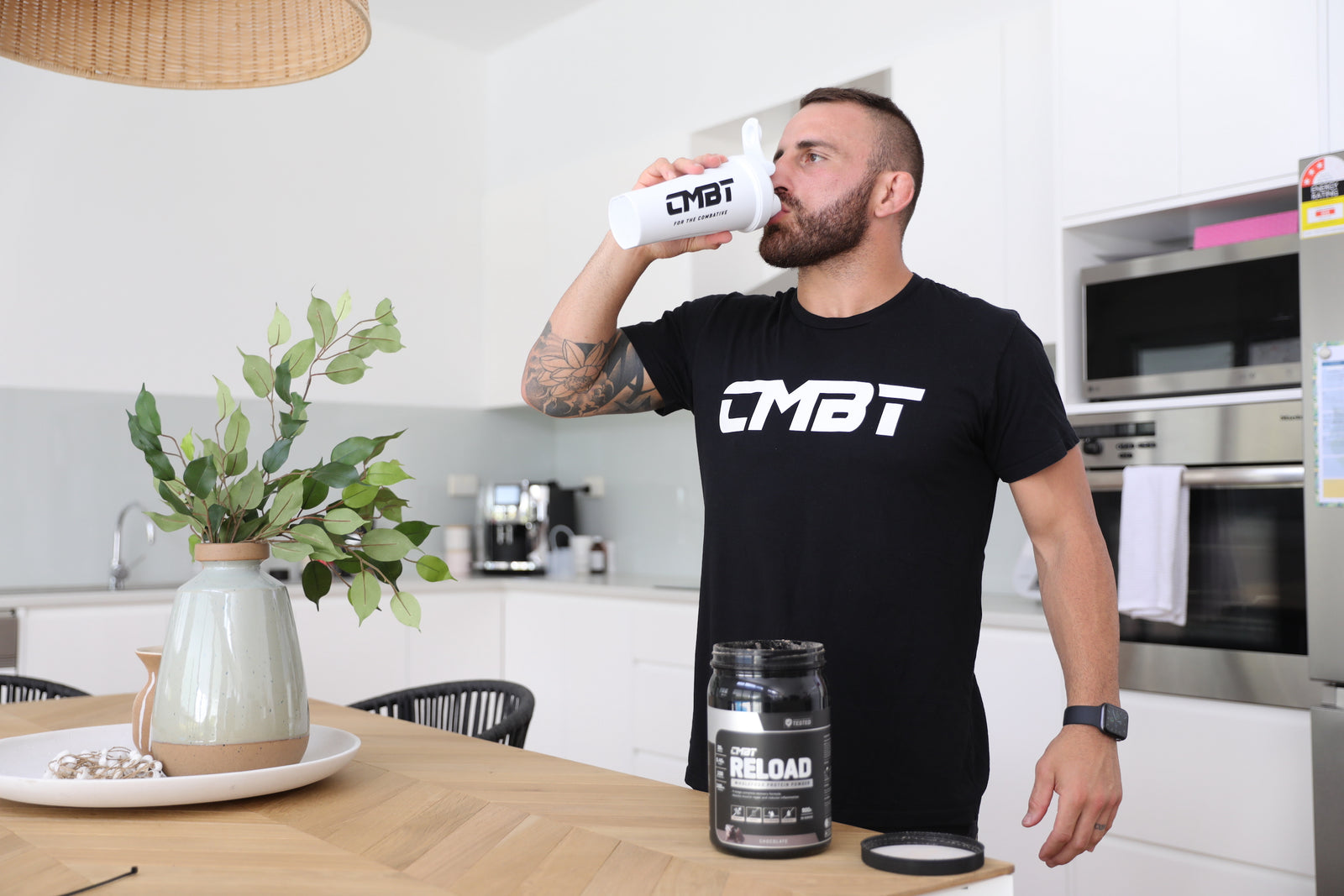
![[VIDEO] Fuel Your Passion feat. Sami Locke](http://cmbt.com.au/cdn/shop/articles/Sami.jpg?v=1625826844&width=1600)